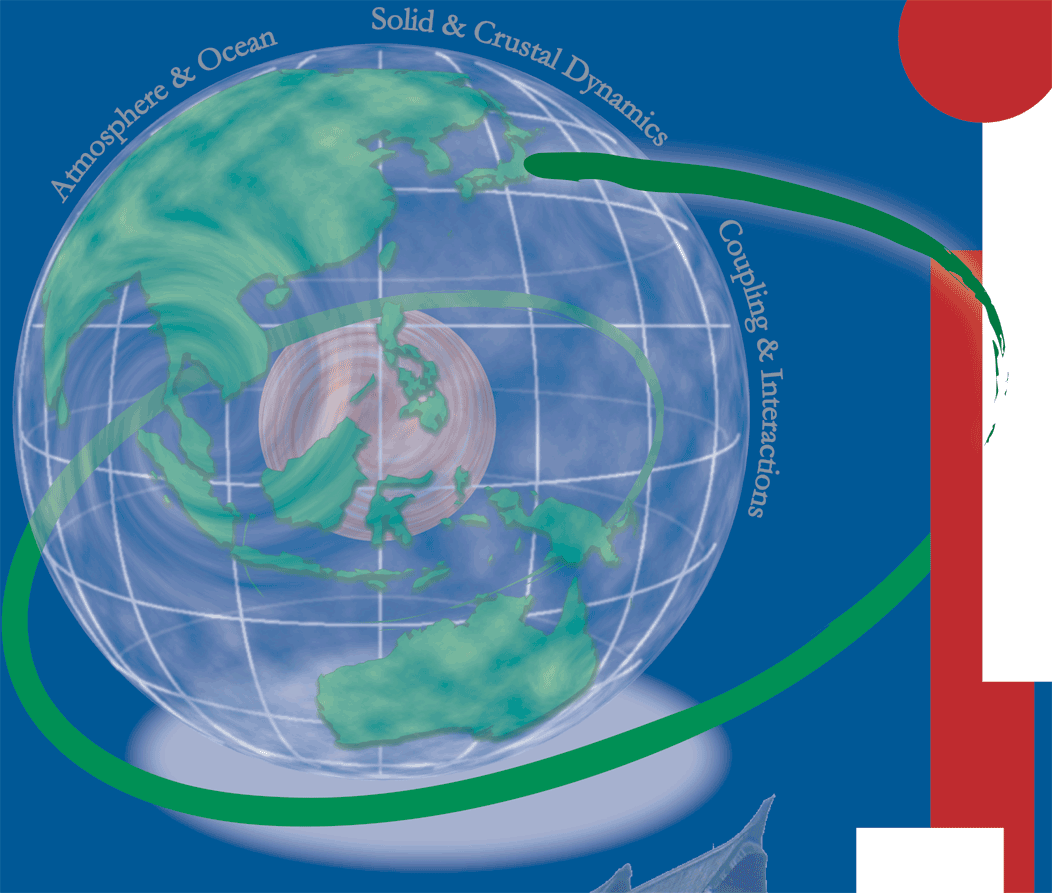The 10th Kyoto University International Symposium
“Active Geosphere Science”
July 26-28, 2007
Bandung, Indonesia

| Copyright© 2007 KAGI21 All Rights Reserved. |
The 10th Kyoto University International Symposium “Active Geosphere Science” July 26-28, 2007 Bandung, Indonesia |

|
|
| Conference Objectives |
● Venues
● Invited Speakers
| |
|
The Kyoto University Active Geosphere Investigations for the 21st Century Centers of Excellence Program (KAGI21) has promoted international research and educational activities on the “Active Geosphere Science” since 2003 (http://kagi.coe21.kyoto-u.ac.jp/en/index.html). In this new multi-disciplinary approach for the Earth sciences we emphasize the physical and/or chemical processes that are encompassed in the “Active Geosphere”. Within this framework, we have proposed an integrated study of the processes that take place throughout many realms of the Earth. We have studied magma transport deep in the Earth’s lithosphere, tectonic stresses in the shallow Earth’s crust, general circulations of oceans and the atmosphere, and multi-timescale variations of the climate system. Common threads that link these processes include the water and energy flows that couple all portions of the Geosphere. We have emphasized field surveys and observations in Asia and Oceania because much of the Earth’s dynamic activities are focused in this region. For example, most of the world’s earthquakes and volcanic eruptions take place along the plate boundaries of the Pacific plate, also organized cumulus convections, including interactions with the oceans, drive the Asia-Monsoon and El Nino-Southern Oscillations that strongly influence much of the world’s weather and climate. Since such phenomena evolve and interact on a variety of space and time scales, a new interdisciplinary approach based on optimal inter-related areas of the Earth sciences and recent advances in observational and computational technologies is required. The program sets traditional fields of the Earth sciences, such as Aeronomy, Atmospheric and Oceanic Sciences, Seismology, Volcanology, Geodesy, Geology, and Material Science for the Earth, as the primary ingredients, and then creates a melting pot of Field Survey/Observations, Satellite Measurements, Data Analyses, and Laboratory and Numerical Experiments, that encourage cross-disciplinary studies. Particular attention is given to the themes of the water and heat flows throughout the Active Geosphere. This approach is central to our interpretation of the Active Geosphere and, in a wider sense, to the sustainable coexistence of human beings on the Earth. The challenge is to improve our understanding of the complex processes within the Active Geosphere and obtain new perspectives on the individual components. Kyoto University states as its mission, to sustain and develop its historical commitment to academic freedom and to pursue harmonious coexistence within the human and ecological community on this planet. As an international institution, Kyoto University will promote foreign academic exchange and thereby strive to contribute to the well-being of the world. (http://www.kyoto-u.ac.jp/english/euni_int/e01_idea/mission.htm). All of the Faculties/Graduate Schools and the Research Institutes/Centers have pursued the mission. Particularly, Faculties/Graduate Schools of Science and Engineering, Research Institute for Sustainable Humanoshere (RISH), Disaster Prevention Research Institute (DPRI), and Center for Southeast Asian Studies (CSEAS) have promoted educational and research activities in Asia and Oceania where much of the Earth’s dynamic activities are focused in. In order to actively develop advanced academic research on an international scale, Kyoto University has sponsored annual symposia in various countries since 2001, featuring original themes related to the university’s mission, and the Organization for the Promotion of International Relations (OPIR) has coordinated their themes (http://www.opir.kyoto-u.ac.jp/e/symposium.html ). This year, world leaders in the Earth sciences, representatives of related research institutes of Kyoto University, and members of KAGI21 are invited to the 10th Kyoto University International Symposium which will be held in Bandung, Indonesia, with the goals of promoting the multi-disciplinary “Active Geosphere Science” and expanding the research community to wider disciplines. New scientific findings on the Active Geosphere will be presented, and related research collaborations in wider community as the humanities and social sciences will be discussed. The symposium also provides a good opportunity for young scientists from Asia and Oceania, who will be attending the 4th KAGI21 International Summer School in Bandung (July 22- August 3), to interact with other researchers, and build future collaborations among scientists working in the Active Geosphere. |